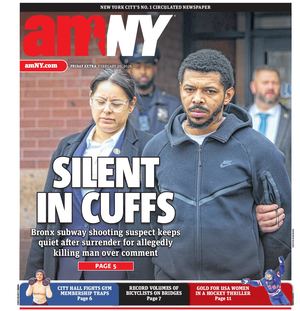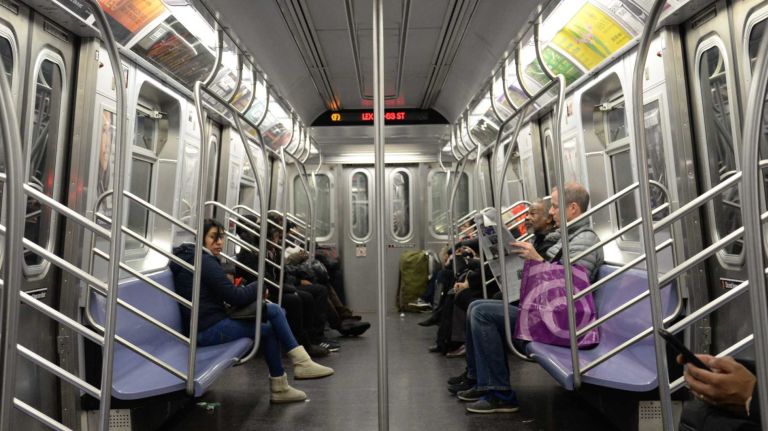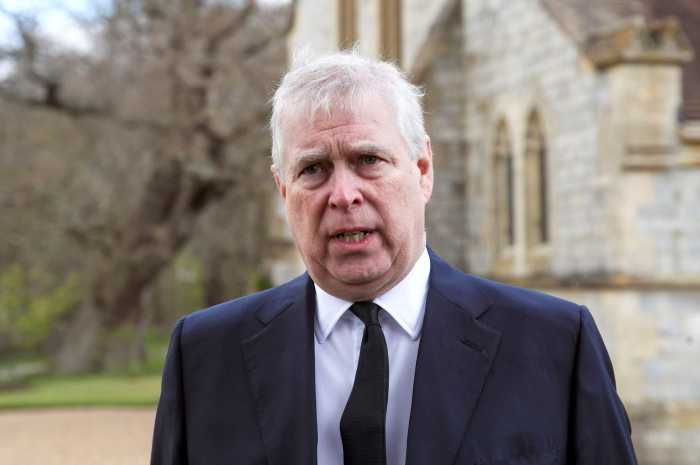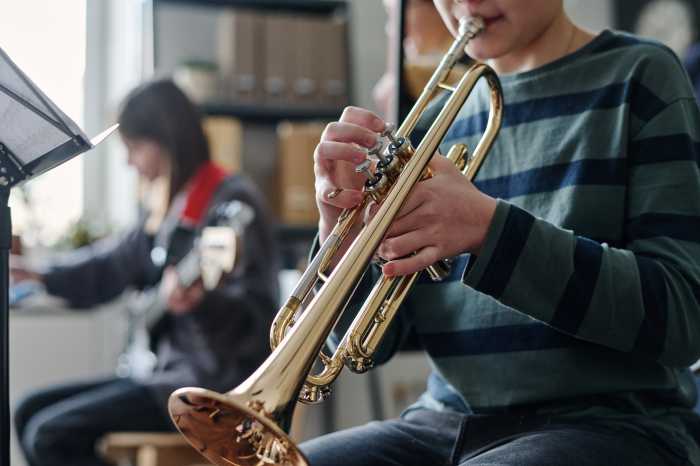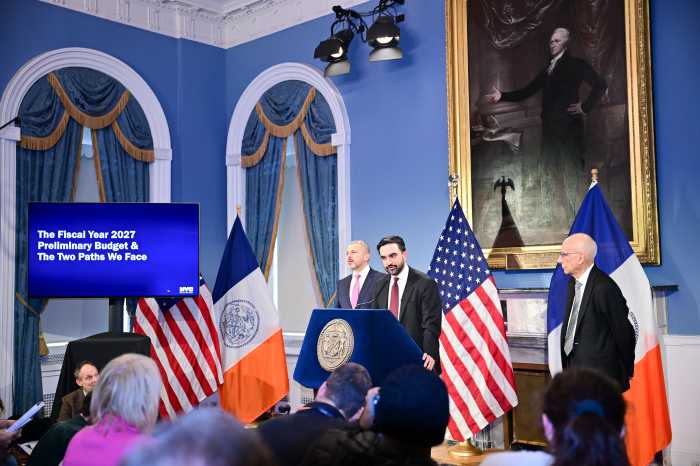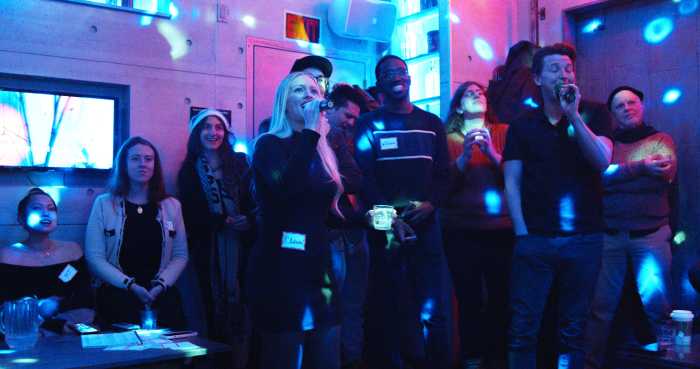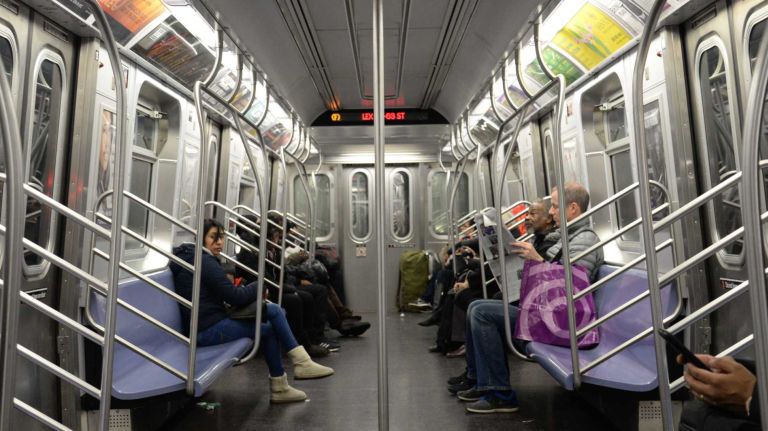
Are you reading this on your subway ride to work this morning? Maybe you’re lucky enough to have gotten a seat but you’re scrunched up with your folded newspaper right up to your face. If you’re like me, you’re defiantly leaning against the subway door with the paper spread out.
How much did you pay to crowd into your (always late) commute today? Was it $2.75 (not to mention the $1 MetroCard fee) or are you shelling out for a 30-day unlimited pass that costs more than $116 a month — about $1,400 a year?
For many New Yorkers, getting a train or bus ride home, to work or to school is becoming increasingly unaffordable. Fares have doubled from $1.50 in 1995 to $3 for a single-ride ticket today. Have you felt like you had to jump a turnstile or sneak in through an open emergency door? A lot of us have, it seems, as the NYPD reported more than 29,000 arrests on the charge of fare evasion in 2015 alone. The NYPD has since said it’s de-emphasizing arrests in lieu of summons, which makes no sense. People who can’t make the $2.75 probably can’t pay a $50 fine, either.
Last month, the Riders Alliance and the Community Service Society released a report and launched the “Fair Fares” campaign to draw attention to transportation affordability. The report highlighted the growing burden that transit access has on low-income New Yorkers. The working poor are the most dependent on public transportation, but 1 in every 4 can’t afford to use it. The solution, the advocates say, is to expand reduced-fare MetroCards for about 800,000 low-income people.
Not being able to afford a MetroCard isn’t a crime and shouldn’t be treated as one. Three fare-beating arrests in a calendar year could land you a year in jail. Not answering a summons could lead to an arrest warrant. That’s the pointless police crusade that turns cops into hall monitors, hiding around subway stations (mostly in poor communities of color), waiting to jump out and catch a poor person not paying the fare or simply asking for a swipe.
There’s no clearer sign that what we have in NYC is a poverty problem — not a crime problem. Let’s hope city and state officials figure that out soon.
Josmar Trujillo is a trainer, writer and activist with the Coalition to End Broken Windows.
